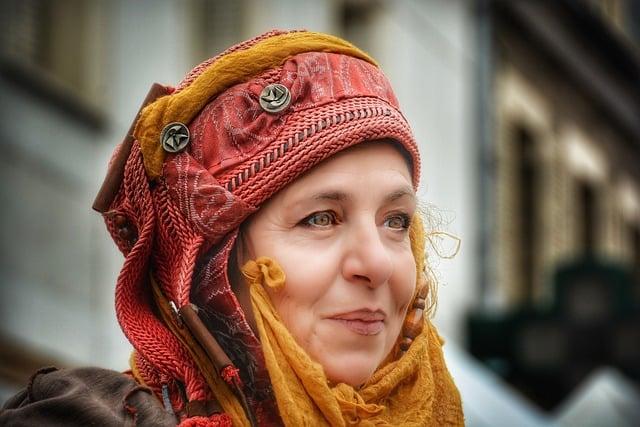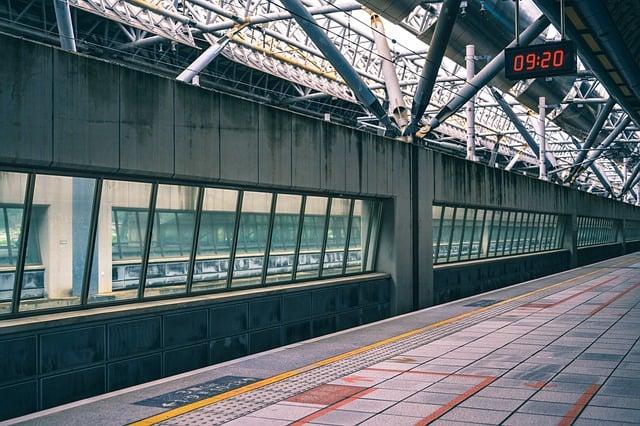In a vibrant village nestled between misty mountains, the air buzzed with excitement as the Lunar New Year approached. Lanterns swayed gently, casting a warm glow on the streets. Families gathered to honor their ancestors, sharing dumplings and stories of old. As the sun set, the sky erupted in a symphony of fireworks, celebrating the arrival of spring. Later in the year, the Dragon Boat Festival brought fierce races and sticky rice dumplings, while the Mid-Autumn Festival illuminated the night with mooncakes and family reunions. Each festival wove a tapestry of tradition, uniting hearts across the land.
Table of Contents
- Exploring the Rich Tapestry of Chinese Festivals
- Cultural Significance and Traditions Behind Major Celebrations
- Festivals of the Seasons: A Journey Through Time and Nature
- Experiencing Festivals: Tips for Travelers and Locals Alike
- Q&A
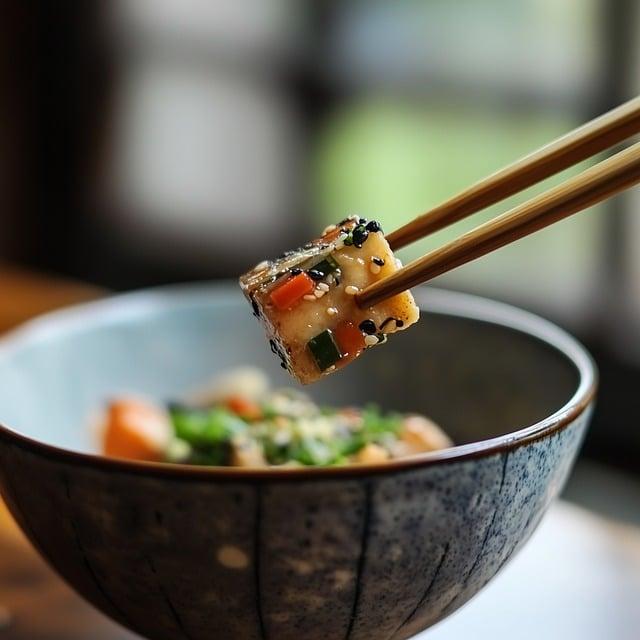
Exploring the Rich Tapestry of Chinese Festivals
China’s vibrant culture is beautifully reflected in its myriad festivals, each steeped in history and tradition. From the lively streets of Beijing to the serene landscapes of rural villages, these celebrations bring communities together, showcasing a rich blend of customs and beliefs. **Chinese New Year**, also known as the Spring Festival, marks the beginning of the lunar calendar and is celebrated with family reunions, feasts, and fireworks. **Mid-Autumn Festival**, on the other hand, honors the harvest and the full moon, where families gather to enjoy mooncakes and admire the night sky. Other notable festivals include:
- Dragon Boat Festival – Commemorating the poet Qu Yuan with thrilling boat races and sticky rice dumplings.
- Qingming Festival – A time for honoring ancestors and enjoying the beauty of spring.
- Lantern Festival - Celebrated on the fifteenth day of the first lunar month, featuring colorful lantern displays and lion dances.
Each festival is a tapestry of rituals, food, and folklore, inviting both locals and visitors to partake in the festivities. The **Laba Festival**, which signals the start of the New Year preparations, is marked by the consumption of Laba congee, a hearty rice porridge filled with various ingredients. Meanwhile, the **Double Ninth Festival** emphasizes the importance of health and longevity, often celebrated by climbing mountains and enjoying chrysanthemum tea. These festivals not only preserve ancient traditions but also foster a sense of belonging and cultural identity among the Chinese people.
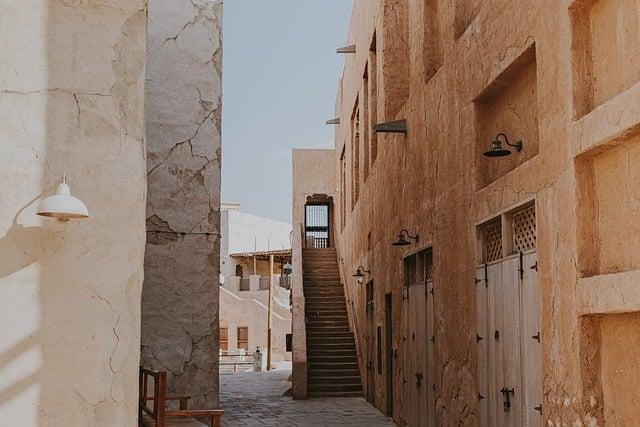
Cultural Significance and Traditions Behind Major Celebrations
China’s rich tapestry of festivals is woven with threads of history, mythology, and community spirit, each celebration reflecting the values and beliefs of its people. **Chinese New Year**, also known as the Spring Festival, is perhaps the most significant, marking the beginning of the lunar calendar. Families gather for reunion dinners, exchange red envelopes filled with money, and adorn their homes with red decorations to ward off evil spirits. The festival is steeped in traditions such as the lion dance, fireworks, and the famous dragon parade, all symbolizing prosperity and good fortune for the year ahead.
Another notable celebration is the **Mid-Autumn Festival**, which honors the harvest and the full moon. Families come together to enjoy mooncakes, a delicacy that symbolizes unity and completeness. Lanterns are lit and displayed, illuminating the night sky, while children often participate in lantern parades, creating a vibrant atmosphere of joy and togetherness. Additionally, the **Qingming Festival**, or Tomb-Sweeping Day, is a time for honoring ancestors, where families visit graves to clean and make offerings, reflecting the deep respect for lineage and heritage that permeates Chinese culture.
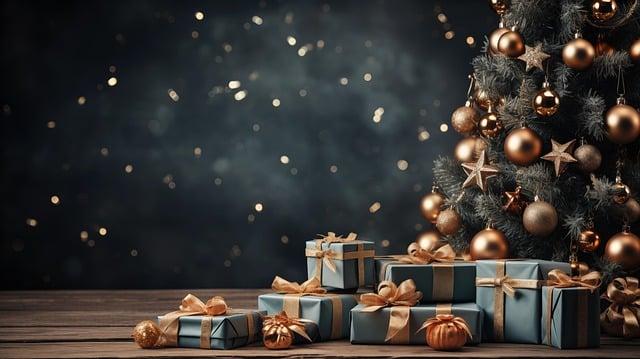
Festivals of the Seasons: A Journey Through Time and Nature
China’s rich tapestry of festivals reflects its deep-rooted traditions and the changing seasons, each celebration offering a glimpse into the country’s vibrant culture. **Spring Festival**, also known as Chinese New Year, marks the beginning of the lunar calendar and is celebrated with family reunions, feasts, and fireworks. **Qingming Festival**, or Tomb-Sweeping Day, follows closely, where families honor their ancestors by cleaning graves and making offerings. As the weather warms, the **Dragon Boat Festival** emerges, featuring thrilling boat races and the consumption of zongzi, sticky rice dumplings wrapped in bamboo leaves.
As summer gives way to autumn, the **Mid-Autumn Festival** shines brightly, celebrating the harvest and the full moon with mooncakes and lantern displays. The **Double Ninth Festival**, or Chongyang Festival, honors the elderly and emphasizes the importance of health and longevity. as winter approaches, the **Laba Festival** signals the start of the New Year preparations, with families cooking Laba congee, a dish symbolizing abundance and good fortune. Each festival not only marks a change in the seasons but also serves as a reminder of the values and traditions that bind communities together across generations.
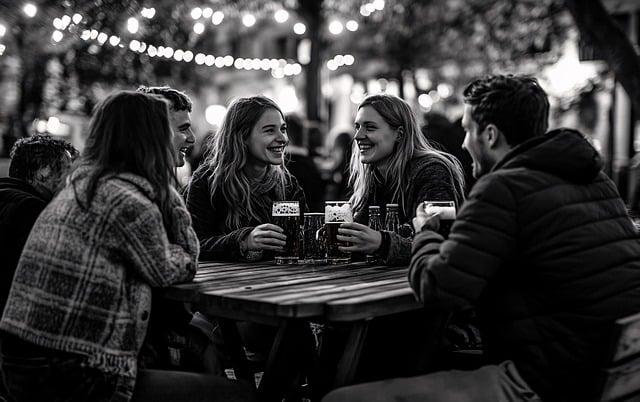
Experiencing Festivals: Tips for Travelers and Locals Alike
When immersing yourself in the vibrant tapestry of Chinese festivals, it’s essential to embrace the local customs and traditions that make each celebration unique. **Dress appropriately** for the occasion; traditional attire can enhance your experience and show respect for the culture. **Engage with locals** by participating in activities such as dragon dances, lantern making, or calligraphy workshops. These hands-on experiences not only enrich your understanding but also create lasting memories. Don’t forget to **try the local delicacies** that are often prepared specifically for these events, as food plays a central role in the festivities.
Timing is crucial when planning your visit around these celebrations. Many festivals, such as the **Spring Festival** (Chinese New Year) and the **Mid-Autumn Festival**, follow the lunar calendar, so be sure to check the dates in advance. **Arrive early** to secure a good spot for parades and performances, as these events can draw large crowds. Additionally, consider exploring lesser-known festivals like the **Qingming Festival** or the **Duanwu Festival**, which offer a more intimate glimpse into local traditions. By being open-minded and adaptable, you can fully appreciate the rich cultural heritage that each festival brings to life.
Q&A
-
What is the most important festival in China?
The most important festival in China is the Chinese New Year, also known as the Spring Festival. It marks the beginning of the lunar new year and is celebrated with family reunions, feasts, and various cultural activities.
-
What are some traditional foods associated with Chinese festivals?
During festivals, people enjoy a variety of traditional foods, including:
- Dumplings – especially during Chinese New Year
- Mooncakes – a staple during the Mid-Autumn Festival
- Rice cakes – often eaten during the Lantern Festival
-
How do people celebrate the Mid-Autumn Festival?
The Mid-Autumn Festival is celebrated by gathering with family, admiring the full moon, and enjoying mooncakes. Lanterns are also lit and sometimes released into the sky, symbolizing hope and reunion.
-
Are there any unique regional festivals in China?
Yes, China has many unique regional festivals, such as:
- Harbin Ice Festival – known for its stunning ice sculptures
- Qingming Festival – a time for tomb sweeping and honoring ancestors
- Dragon Boat Festival - celebrated with dragon boat races and zongzi (sticky rice dumplings)
As the vibrant tapestry of Chinese festivals unfolds, each celebration offers a glimpse into the rich cultural heritage and traditions that define this ancient civilization. Embrace the spirit of these festivities, and let their stories inspire your own journey through life.

大家好,我是彼得潘,專業的手法身體治療師。我喜歡探索和研究各種主題,並透過與人工智慧的合作分享專業、實用、有趣的文章。我們定期進行人工審核,以確保內容的準確性。如果您發現文章中有任何不準確的地方,請隨時與我們聯繫,我們會及時糾正。您可以透過 [email protected] 與我們聯繫。
